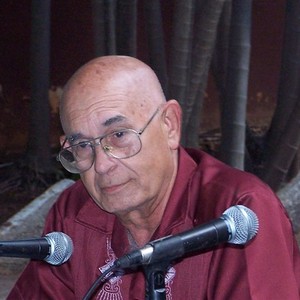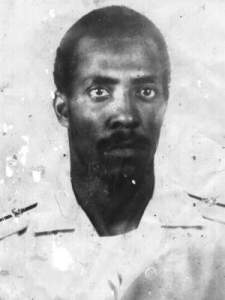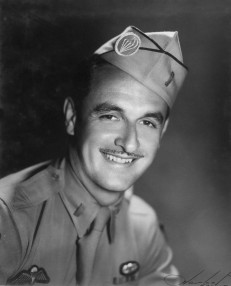Why I Believe Trump Will Lift the Blockade
Dr. Néstor García Iturbe, GRUPO HERALDO
A CubaNews translation. Edited by Walter Lippmann
November 16, 2016.
A few persons have contacted me regarding the interview that I offered to VOCES DEL MUNDO where I said that, in my view, Donald Trump will lift the commercial, economic and financial blockade that the United States has maintained against Cuba for more than fifty years.
The reasons I put forward for saying this were explained in the interview, but because of a problem, seemingly a time limit in the radio program, they only broadcasted the claim, but not the reasoning behind it, which has created a logical question among all those who read the interview.
CubaNews, edited by Walter Lippmann, was interested in the subject and that is why I write this article. After it is published by CubaNews, I will also publish it in El Heraldo and send it to other recipients, because Walter showed interested in the subject and I consider he should have priority in spreading what I think.
The commercial, economic and financial blockade was imposed hoping it would stifle the Cuban Revolution and at a certain point the Cubans would have to apologize to the United States so they would lift it and we could survive.
None of this has happened; the Cuban Revolution, with difficulties, has continued to live and advance expanding its trade relations with other countries, while the United States has been absent and has therefore lost many commercial and economic opportunities. Had the blockade not existed, they would have participation and now it is other countries that benefit from those opportunities.
The outgoing President Barack Obama has repeatedly raised the futility of the blockade at this point in time and, in addition, has expressed his opinion that it should be lifted. I believe that Obama’s opinion is the reflection of companies and corporations eager to start having commercial relations with Cuba and make profits that the blockade prevents them from obtaining.
In statements made by Obama and the instructions he gave after December 17, 2014 in order to create the best possible conditions for the reestablishment of diplomatic relations with Cuba, he told his team that they should initiate talks with Congress aimed at lifting the blockade on Cuba. Something was done, but with no results.
In recent years, a small number of bills have been presented in the United States Congress aimed at releasing some aspects related to the blockade.
Feature continues here: Dr. Néstor García Iturbe
Dr. Néstor García Iturbe



